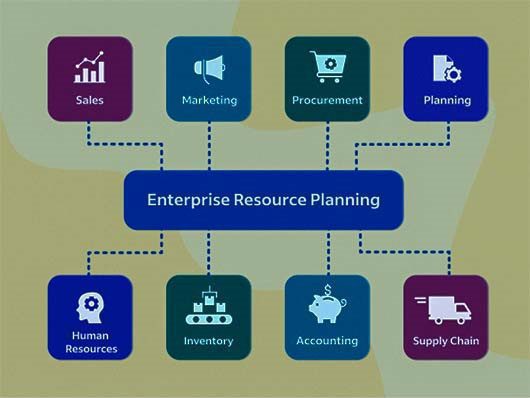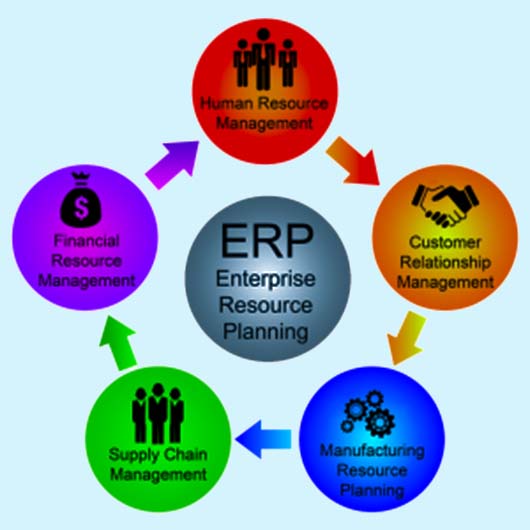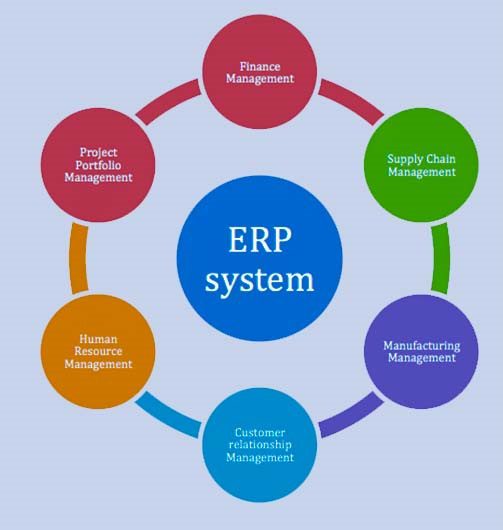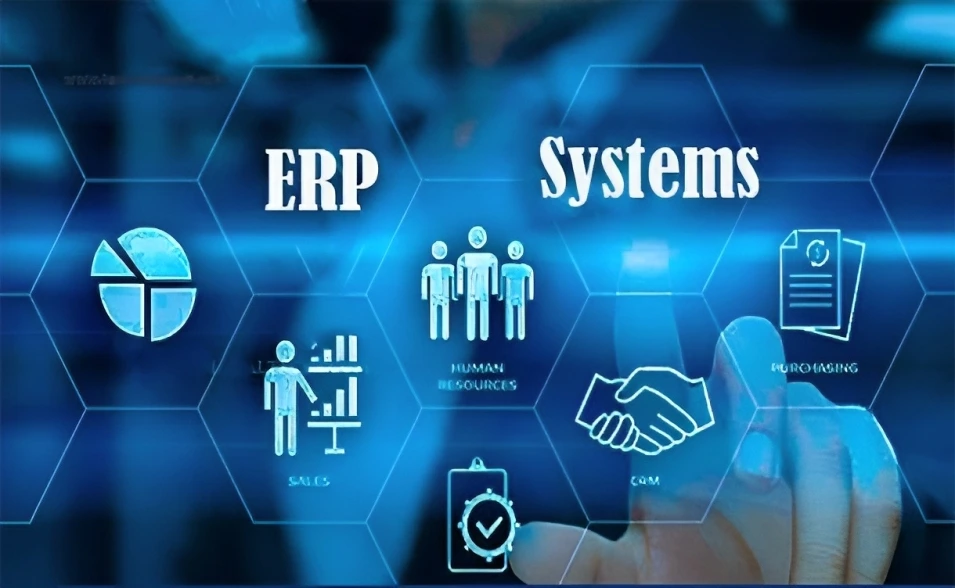In the modern world of digitization, having a reliable Enterprise Resource Planning (ERP) system is essential for businesses to manage their operations effectively. These systems provide organizations with an integrated view of their data, allowing them to simplify their operations and increase efficiency. But before jumping into the world of these systems, we must understand what they are and how they work.
In this blog post, we’ll cover all you need to know about ERP systems – from what they are, to why you should use them and how you can get started. Read on to find out more!

What is an ERP systems?
“An ERP system is a software application that helps businesses manage their core operations, such as accounting, human resources, and inventory management. It is designed to be used by organizations of all sizes, from small businesses to large enterprises.
ERP systems can be used to track and manage a variety of business processes, including:
- Accounting and finance
- Human resources
- Inventory management
- Order management
- Customer relation ship management
- Supplier relation ship management

This system can help companies automate and streamline their operations, making it easier and more efficient to manage their day-to-day activities. In addition, an ERP system can provide insights into an organization’s performance, helping managers make better decisions about where to allocate resources.”
The benefits of an ERP system
An ERP system can offer a number of benefits to businesses, including:
- Improved efficiency and productivity: An ERP system can automate and streamline business processes, making your organization more efficient and productive.
- Better decision making: With an this system in place, companies can make better decisions by having access to real-time data and analytics.
- Increased customer satisfaction: An ERP system can help businesses improve their customer service by providing them with the necessary tools to manage their orders and inventory.
- Reduced costs: An ERP system can help businesses save money by reducing the need for manual data entry and paper records.
The different types of ERP systems
- ERP systems come in all shapes and sizes. There are ERP systems for small businesses, mid-sized businesses, and large businesses. There are also that are industry specific, such as those for the manufacturing or healthcare industries.
- Some ERP systems are more comprehensive than others. Some offer basic functionality, while others include a wide range of features and modules.
- ERP systems can be deployed on-premise or in the cloud. On-premise ERP systems are installed and managed on your company’s own servers, while these cloud-based systems are hosted by the vendor and accessed via the internet.
- There are also hybrid ERP systems that combine on-premise and cloud-based deployments.
So, what’s the best type of ERP system for your business? It depends on your specific needs and requirements. Talk to an expert to learn more about the different types of ERP systems and find out which one would be right for you.
How to choose the right ERP system for your business

There is no one-size-fits-all answer to this question, as the right ERP system for your business will depend on a number of factors, including the size and nature of your business, your budget, and your specific ERP requirements. However, there are a few key things to keep in mind when choosing an ERP system for your business:
- Make sure the system is scalable. As your business grows, you’ll need an ERP system that can grow with you. Make sure to choose a system that can be easily scaled up or down, depending on your needs.
- Consider your specific needs. What features and functionality does your business require? Make sure to choose an ERP system that offers the features and functionality you need, rather than one that offers a lot of bells and whistles that you’ll never use.
- Don’t skimp on support. Once you’ve chosen an ERP system, you’ll need to make sure it’s properly supported. Choose a vendor who offers comprehensive support services, so you can be confident that any problems will be quickly resolved.
Implementation and integration considerations
When it comes to implementing and integrating an ERP system into your business, there are a few key things to keep in mind. First, you need to make sure that the system you choose is compatible with your current IT infrastructure. Secondly, you need to consider the training and support needs of your staff. Finally, you need to have a clear plan for how you will data from your old system into your new ERP system.
If you keep these considerations in mind, then you will be well on your way to successfully implementing and integrating an ERP system into your business.
Conclusion
ERP systems have been a vital tool for businesses of all sizes and industries for many years, providing them with the opportunity to streamline their operations, reduce costs, increase efficiency and improve customer service. The range of functions that ERP systems provide is vast but understanding why your business needs one can help you make an informed decision when considering which one to buy. If you’re looking to upgrade your back-office system then it’s definitely worth researching ERP systems further and finding out how they could benefit your organization.


